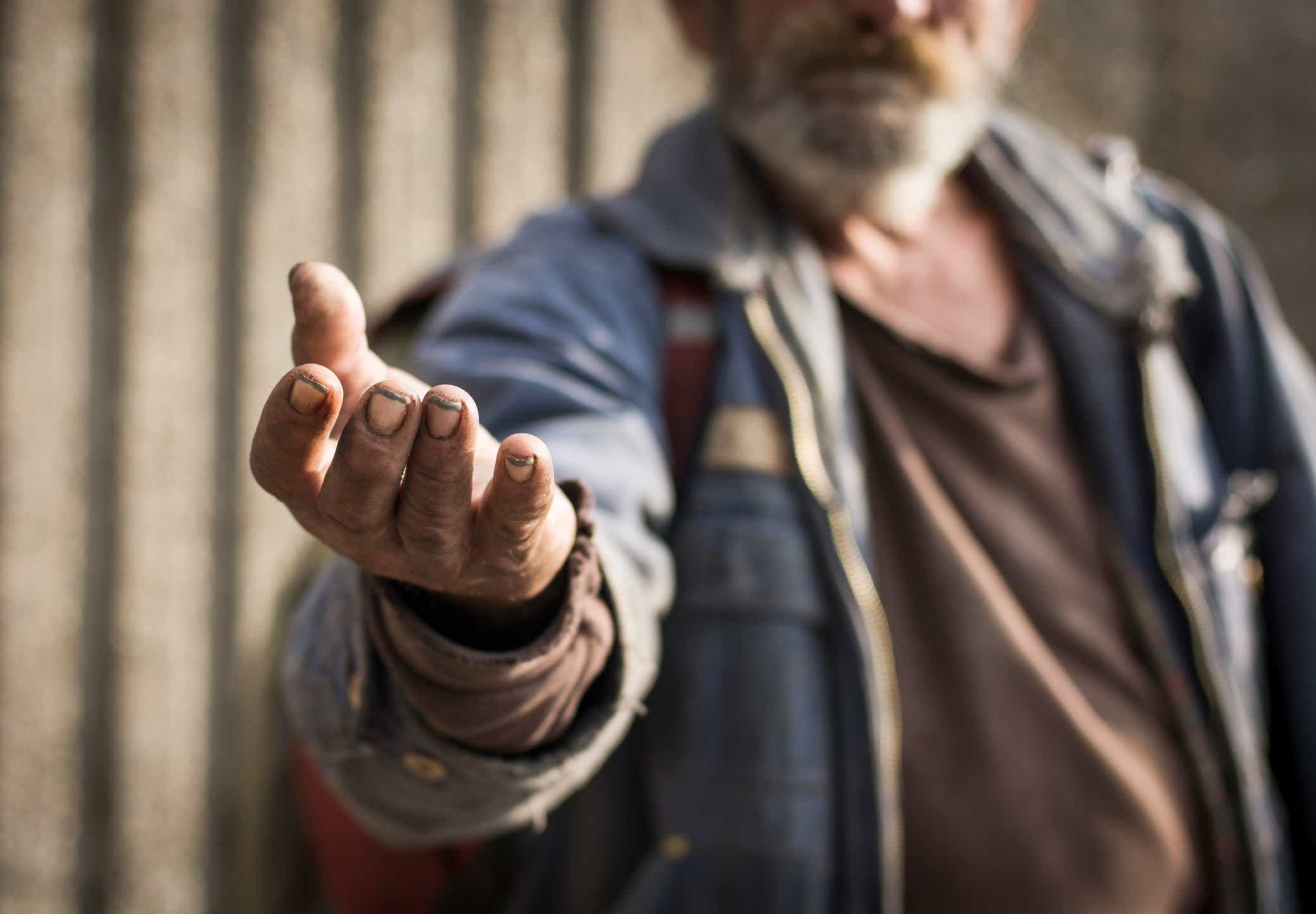A concerning new trend is taking hold across America: Our country’s second-largest generation is experiencing homelessness at an unprecedented rate. Baby boomers — or those between 57 and 75 years old — now represent 50 percent of all homeless single adults in the country, with no sign of those numbers slowing down.
The Department of Housing and Urban Development says older adults not only represent the fastest-growing segment of homelessness, but they also make up a larger share of the unhoused population overall.
“The fact that we are seeing elderly homelessness is something that we have not seen since the Great Depression,” University of Pennsylvania social policy professor Dennis Culhane told The Wall Street Journal.
This steep rise in homelessness is leading experts to warn of an impending “silver tsunami” — here’s what that means, what could be triggering it, and how we can potentially change the tide.
Which cities are seeing the biggest spikes in elder homelessness?
Miami, Denver, and Columbus have seen the largest surges in homelessness among older Americans — but the effects of this pattern are all too real in other places as well.
Judy Schroeder, who lives in Naples, Florida, told The Wall Street Journal that she suddenly found herself without a home after a new landlord raised her monthly rent by more than $500. “I never thought, at 71 years old, that I would be in this position,” she said.
That’s not all: About half of older adults without a place to live in other major cities like New York and Oakland didn’t become homeless for the first time until after they turned 50 years old. Up until that point, many of them had lived a comfortable life, which was then upended by a major event. (In most cases, this was either the death of a spouse or a medical emergency.)
This trend could have something to do with the fact that more than two-fifths of baby boomers have no retirement savings and instead rely on Social Security to make ends meet. To put that into perspective, the average monthly Social Security check to a retired worker is only around $1,800, which in many places is barely enough to cover rent.
What’s driving homelessness among baby boomers?
The members of this generation have weathered several setbacks over their lifetimes. For one, they’ve lived through multiple recessions, which has left them with little to no savings.
To make matters worse, rent is also becoming steadily out of reach: Over the past two years, the U.S. median rent rose by 18 percent, according to USA Today. (That had partly to do with the coronavirus pandemic, which caused a shortage of homes and supply-chain disruptions that hampered efforts to build more housing.)
Some states are being more heavily impacted than others: 10 of the top 20 metro areas with steepest rent increases between January 2020 and June 2023 can be found in Florida, per the real estate company Zillow.
Meanwhile, availability in assisted living facilities is becoming extremely limited, and seniors are being put on waiting lists by the thousands. Now, many shelters are playing the role of nursing homes, and staff warn they’re ill-equipped. “If somebody needs help bathing, are there people who work at the homeless shelter who are trained to do that?” advocate Steve Berg told The Wall Street Journal.
What are some ways to help older Americans?
Experts say seniors tend to be harder to help because they’re less likely to ask for assistance than younger homeless people, but possible solutions do exist.
Advocates have suggested expanding the supply of affordable housing and the availability of rental assistance programs and protections against eviction. For instance, cities like San Diego have piloted programs which provide rental subsidies for a limited time to older, low-income adults to help them get back on their feet.
But some systemic changes are required, too. For instance, the last time the federal minimum wage was raised was in 2009, so it remains stuck at $7.25 in more than a dozen states — which is especially challenging considering inflation, and that could make all the difference for older adults who struggle to put a roof over their heads.
If you find all of this as concerning as we do, you can lend a hand to those in need by donating food, clothes, or your time to your local homeless shelter. You can also cast a wider net with one of the cross-country programs that address this problem, including the nonpartisan National Alliance to End Homelessness and the National Coalition for the Homeless.









